In modern democratic societies, Human Rights-right to life, liberty and security of persons, right to a fair deal-are protected by law and yet are often at risks from the law enforcers. For the effective realization of those rights, each country adopt such legislative, administrative and other steps as may be necessary from time to time against law breakers and offenders.
Human Rights are guaranteed under international law but working to ensure that they are realized and taking up the cases of those who have had their right violated can be a dangerous task. Human Rights Defenders are often the only force standing between ordinary people and unbridled power of the state. They are vital to the development of democratic processes and the promotion and protection of human rights. Human Rights defenders often face enormous risks in their work; harassment, detention, torture, deformation, suspension from their employment, denial of freedom of movement etc. The risk becomes higher when defenders wok in hostile situation. In many cases, violent attacks are a deliberate and well-planned response to defenders work and linked to a clear political or military agenda. These challenges require human rights defenders to implement comprehensive and dynamic security strategies in their day-to-day work. The most effective security steps come from defenders themselves by dont of their experiences, rules and procedures to be developed by the Governments and International humanitarian NGOs.
This manual provides a set of strategies aimed at improving defenders security and protection. It will help defenders to undertake their own risk assessments and define security rules and procedures, which suit their particular situation since the manual being the result of a long-term project on field protection for defenders. The manual will be a useful addition for administrators, judiciary, human rights agencies, sociologists and those associated with the protection of human rights directly or indirectly.

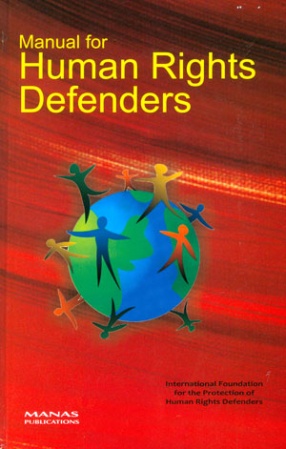
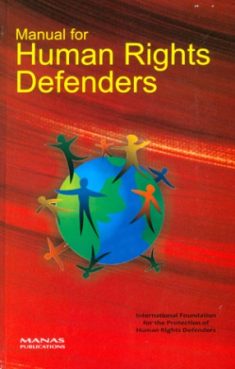
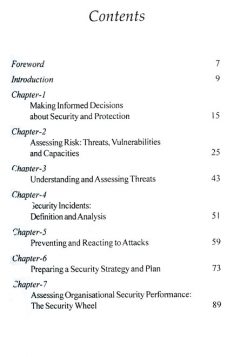
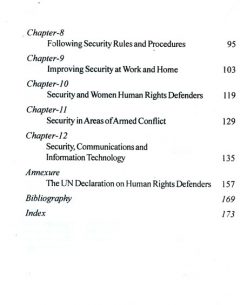
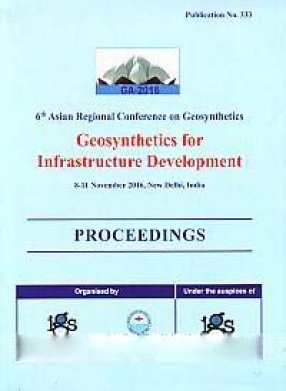
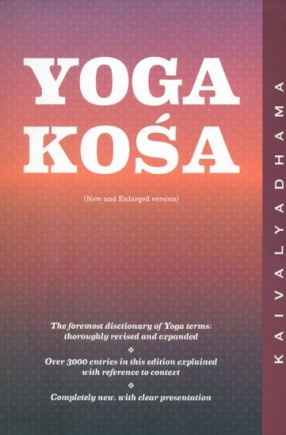
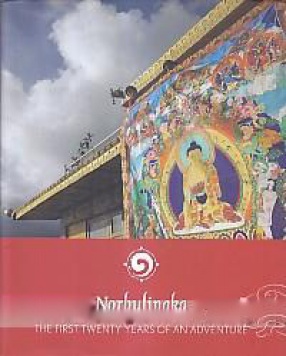



There are no reviews yet.